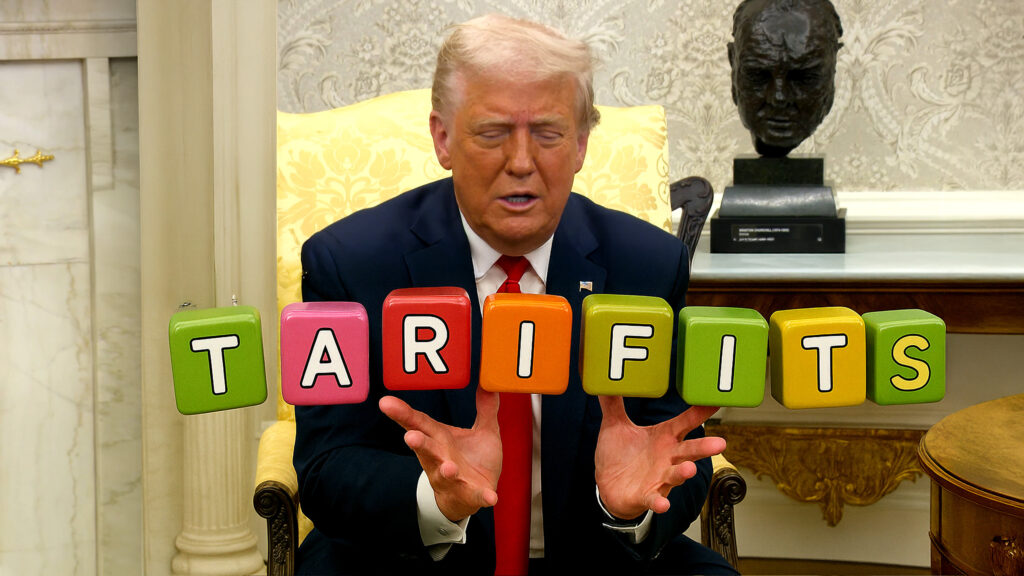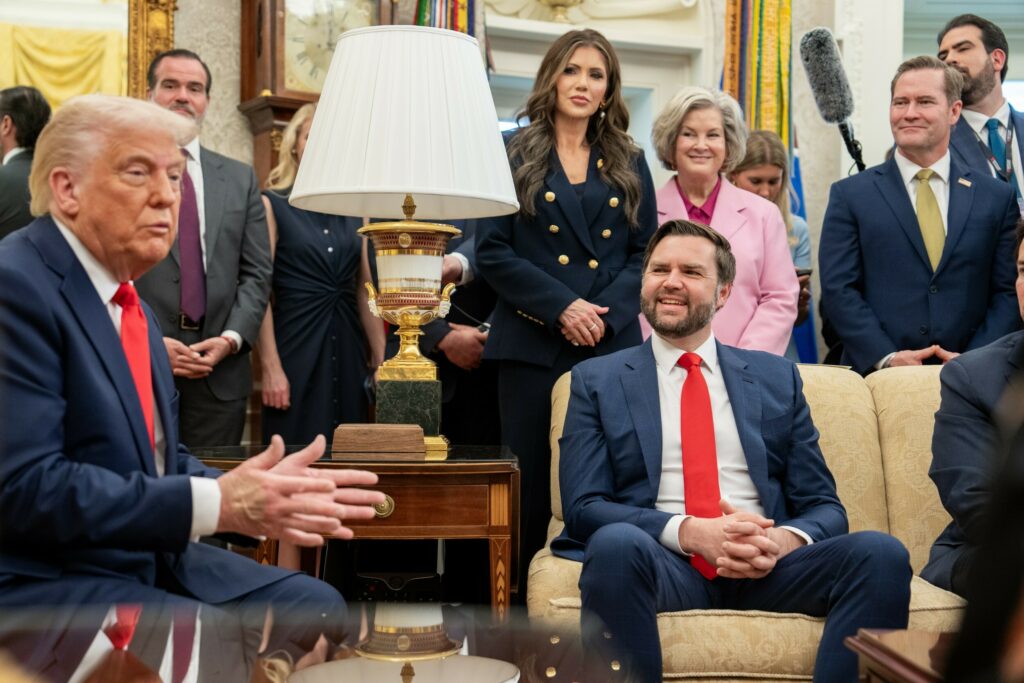Auto Tariff Updates

Looks like things might be shifting in the White House, folks. President Trump is currently suggesting the possibility of lifting the 25% tariffs on auto imports. These tariffs have been a point of contention, with many carmakers crying foul due to the added costs and resultant production hiccups. It’s no small thing, considering we’ve seen some models like the Volvo S90 struggle to make ends meet in America because of these tariffs.
Industry Reactions

Currently, there’s a bit of a cloud over when exactly these tariffs might be paused or even fully removed. Automakers are keeping their fingers crossed, anticipating a window of relief that could potentially ease up the heavy financial load on both companies and consumers. Everyone’s dealing with increased costs right now, and an adjustment could mean potentially lower prices across the board for buyers.
The President’s been quoted saying he’s considering helping out some car companies by easing the tariffs and recognizes they might need a “little bit of time” to adjust their production strategies back to the United States. This stands out as a bit of a maneuver, amidst the usual political back-and-forth.
Production Challenge

Switching production gears isn’t as quick as flipping a switch. Automakers are well aware of the time it takes to change production locations. It’s not the kind of move made frequently; typically, it’s tied to the natural lifecycle of a vehicle which often ranges from eight to ten years before major redesigns.
In BMW’s case, there’s talk of upping the production by around 80,000 units at their South Carolina site. It’s an ambitious number, although still a small piece of the bigger picture. Pressure from industry heavyweights might just sway the administration to ease these tariffs sooner rather than later, but anything can happen in politics, right?
Patience Needed
Automakers and industry groups are certainly not shy, pushing hard for this change, but waiting for the administration to announce a concrete plan feels like watching paint dry. The auto industry, especially in Detroit, has been quite vocal about the risks these tariffs pose to thousands of jobs. Any sort of tariff suspension would undoubtedly offer a bit of breathing room in these turbulent times.
In essence, the landscape of auto imports and productions in the U.S. is looking at another potential shift. Let’s see if the negotiations behind closed doors lead to a smoother road ahead for carmakers and consumers alike, and whether this potential flexibility can be leveraged to everyone’s benefit.
BMW's Sonic Shift
GM CEO's Pay Boost
GMC's Futuristic Ride
AMG Black Series Icon
EV Sales Surge 2024